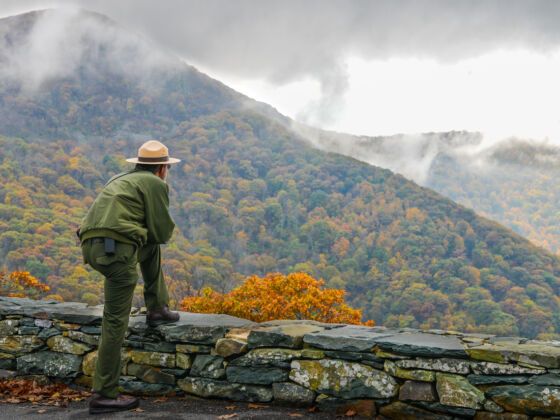Have you ever considered spending a few months in Glacier Bay National Park in Alaska, kayaking around icebergs and sea otters? Ever had the urge to hike your way through Yellowstone, or hit the slopes of Breckenridge? As a seasonal employee, you not only have the opportunity to explore breathtaking places, but you’ll also leave with some cash in your bank account — provided you don’t spend it all on booze.
Seasonal jobs are available anywhere there’s a major tourist influx during certain months of the year, such as national parks, lodges, and ski resorts. Some companies need to hire hundreds of employees every season, so landing a job can be relatively easy. But a nomadic, ever-changing lifestyle isn’t for everyone. Here are seven aspects to consider (with some tips sprinkled in) before you make the jump.
